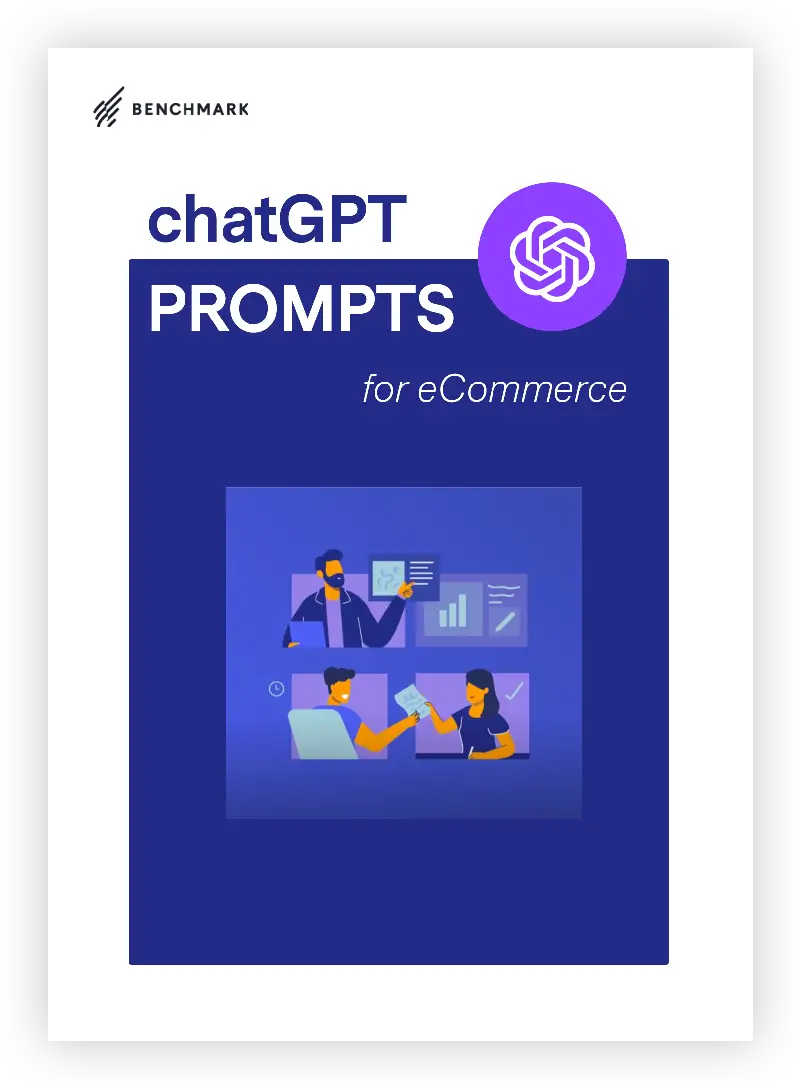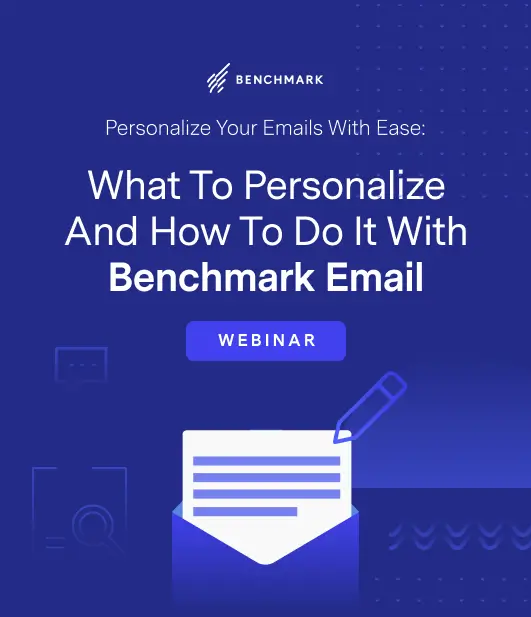How Could AI Shopping Agents Change Digital Marketing?

The future of online shopping is getting a new face: AI-powered shopping agents. Instead of users clicking through dozens of tabs, comparing prices, reading reviews, and searching for deals, AI agents will turn ecommerce marketing into vibing.
These agents won’t just be digital assistants—they’ll be highly intelligent personal shoppers that know your preferences, anticipate needs, and negotiate offers in real-time. For marketers, this shift could change the very foundation of digital marketing as we know it.
The Rise of AI Shopping Agents
AI shopping agents are emerging as a new layer between consumers and brands. Rather than typing queries into Google or scrolling through Amazon, consumers will delegate tasks to their agent, and companies already applying AI SEO principles are looking to take the next step..
This change creates a gatekeeper effect: marketers will no longer be fighting for human attention directly, but instead competing for algorithmic approval. That means optimization strategies will need to adapt, focusing less on appealing to the individual consumer and more on influencing the AI’s ranking mechanisms.
These agents will rely on massive data inputs to decide what’s “best” for a user, pulling from price histories, brand reputation, reviews, and even personal data like prior purchase behavior.
As adoption grows (51% of companies are already using agents), the reliance on traditional digital advertising placements—search ads, display campaigns, social media promotions—will diminish. Instead, success will depend on how well brands integrate with AI ecosystems, ensuring their offerings align with the criteria these agents are programmed to prioritize.

SEO and Content Strategy in an Agent-First World
SEO is on the verge of a fundamental reinvention. If consumers turn first to AI agents rather than search engines, the familiar battle for Google rankings becomes less relevant than positioning within the AI’s reasoning process. According to an Ahrefs study on 300,000 different keywords, position 1 had a whopping 34.5% drop in CTR since AI overviews were implemented.
This new layer shifts the way content is discovered and prioritized. Instead of fighting for blue links on a search results page, brands will need to ensure their data is clear, structured, and digestible to algorithmic systems that weigh multiple sources before presenting recommendations. Structured markup, comprehensive product feeds, and API-level integrations will all be integral to get that AI snippet, despite not “traditionally” ranking at no. 1.
Content marketing, too, will look very different in an agent-first ecosystem. Rather than persuading humans directly, much of the focus will move to presenting information that algorithms can validate and trust. It’s less about catchy headlines and more about verifiable proof points.
EEAT with a Twist
If a business claims sustainability, for example, the AI will cross-check against third-party certifications and real consumer sentiment before pushing the product forward. Consider this an upgraded form of EEAT, featuring a plethora of new signals. To thrive, marketers will need to embrace:
- Machine-readable structures: Content must be consistently organized with schema markup and rich product attributes.
- Accessible data pipelines: APIs and product feeds should be optimized so agents can pull real-time, accurate information.
- Proof of claims: Bold marketing statements must be backed by certifications, testimonials, or data points AI can verify.
- Transparency at scale: Brands that deliver consistent, accurate data will build long-term credibility with both agents and users.
The companies that adapt early to this new model will be better positioned. Instead of treating AI as a passive tool, they’ll recognize it as an active evaluator, shaping visibility and influence across the digital landscape.
The Disruption of Paid Advertising Models
Paid advertising is built on human attention: eyeballs, clicks, impressions. AI shopping agents disrupt this by removing much of the browsing stage altogether. If your AI agent instantly finds the top three best options for a purchase, there’s no space for a display ad to influence you mid-scroll. Similarly, social ads designed to spark impulse buys may find themselves less effective, since AI interacts differently with Google search and draws upon different signals.
Marketers will need to rethink how they allocate budgets. Instead of chasing impressions, investment may shift toward integrating directly into AI recommendation systems. This could mean partnerships with AI platforms, paying for preferred placement in agent-generated lists, or optimizing offers to meet algorithmic standards.
There’s a parallel here to the early days of app stores, where ranking well in Apple’s App Store could be considered an entire marketing strategy for a brand. The gatekeeper has simply changed forms—from search engines and social feeds to autonomous shopping agents.
Personalization at a New Scale
One of the most significant promises of AI shopping agents is personalization that goes beyond what human marketers can deliver. These agents know dietary restrictions, style preferences, brand loyalties, and even personal schedules.
They can sync with calendars to suggest gifts in advance of birthdays or monitor health trackers to recommend nutritional supplements. For marketers, this means hyper-personalization is no longer optional—it’s the new baseline.
The challenge is that personalization will now be mediated by the AI, not directly by the brand. Instead of delivering personalized emails or targeted ads, marketers must ensure that the data feeding into the AI reflects the brand’s ability to meet specific consumer needs.
This requires clean product feeds, accurate metadata, and consistent fulfillment of promises. The era of “personalized marketing” will shift from crafting tailored campaigns to providing impeccable data that enables AI agents to make precise matches. In sensitive industries like financial services, medicine, or insurance, users will appreciate the fact that they’re being talked to exactly how they like.

Personalize Your Emails with Ease: What to Personalize and How to Do it With Benchmark Email
DOWNLOAD NOWEthical Questions and Consumer Trust
AI shopping agents introduce pressing ethical and trust considerations. If agents are deciding what consumers see, who ensures the recommendations are unbiased? Will certain brands pay for preferential treatment, essentially creating a new form of hidden advertising?
Without a doubt, transparency towards humans, not bots, will be critical. Consumers may demand to know why their AI agent recommended one product over another, and brands that attempt to game the system could face backlash.
For digital marketers, this means prioritizing authenticity and accountability. The rise of AI shopping agents could spark regulatory scrutiny, particularly around data privacy and antitrust concerns. Are you willing to blur the lines a bit to rank higher? Who isn’t? But then again: at what cost?
AI shopping agents could completely rewrite the playbook of digital marketing. Instead of targeting consumers directly, brands will be forced to optimize for algorithms that act as intelligent middlemen.
Paid ads may lose their dominance, SEO could transform into “agent optimization,” and personalization will be handled at a level no human marketer could replicate.
For businesses, the challenge is daunting, but the opportunity is massive: those who adapt early can secure visibility in a marketplace that’s about to look radically different. The future belongs to brands that treat AI not just as a tool, but as a new kind of audience.
A powerfully simple email marketing platform
Sign up for free to see how effortless email marketing can be.
Our Company
Compare
Solutions
Compare
Account
© Polaris Software, LLC Benchmark Email® is a registered trademark of Polaris Software, LLC
© Polaris Software, LLC
Benchmark Email® is a registered trademark of Polaris Software, LLC
